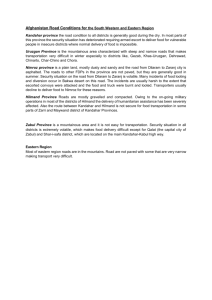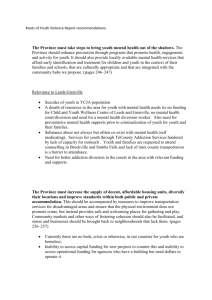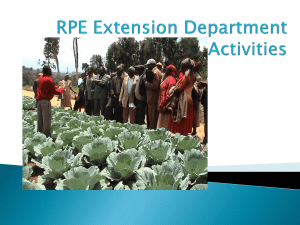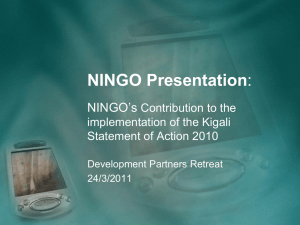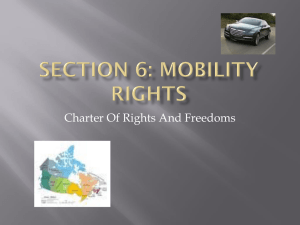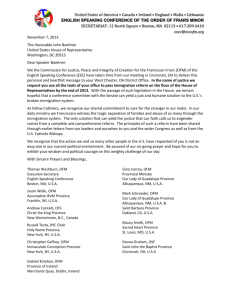Socioeconomic Factors for Kenya
advertisement
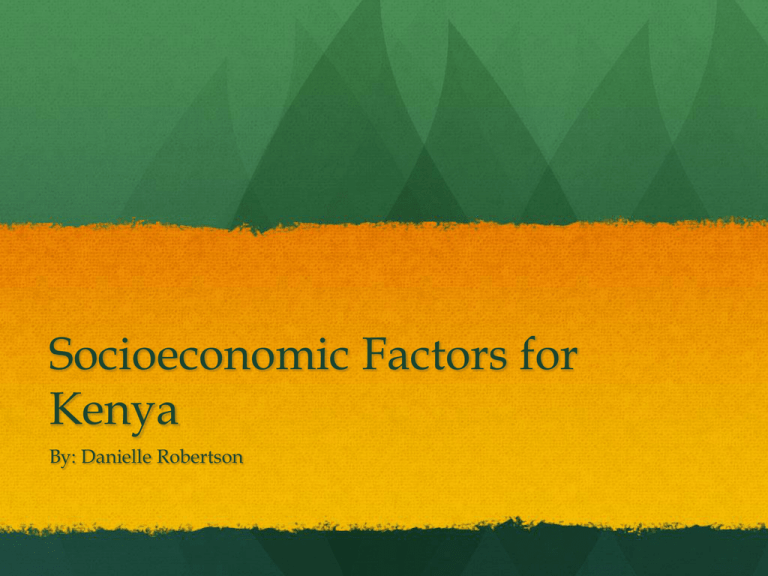
Socioeconomic Factors for Kenya By: Danielle Robertson Population - 2009 Census Central Province: 4,383,743 Nyeri District: 693,558 Male: 339,725 Female: 353,833 Othaya: 21,427 Urban population: 4,108 National GDP $65.95 billion as of 2010 GDP per Capita - $1,600.00 Growth Rate of 4% (2010), 2.6% (2009), 1.7% (2008) Kenya is a leader in the economy of Central and East Africa Factors affecting GDP – 2005 drought, 2008 political and world market shocks Breakdown of Industries GDP Composition Agriculture – 22% Industry – 16% Services – 62% Labor Force Agriculture – 75% Industry and Services – 25% The largest earning sector of GDP has the lowest percentage of the population working in it National Import/Export Exports tea, horticultural products, coffee, petroleum products, fish and cement $5.141 Billion Imports machinery and transportation equipment, petroleum products, motor vehicles, iron and steel, resins and plastics $10.4 Billion There is a $5.259 Billion trade deficit National Unemployment 40% Unemployment Rating (2008) Wealth Gap (2005) Lowest 10% - earn 1.8% of household income Highest 10% - earn 37.8% of household income HPI by Province Human Poverty Index Nairobi – 29.9% Central – 32.3% North Eastern – 50.5% Employment by Province Income Distribution by Province Poverty Statistics Lowest proportion of landless rural poor households = 15.8% (2004) 31% Poverty incidence (2005) – Central given the richest rating Nairobi followed with 44% 19 of the top 23 districts in the richest category (less than 35%) are in Central Province Gender Ratios At birth: 1.02 male(s)/female Under 15 years: 1.01 male(s)/female 15-64 years: 1.01 male(s)/female 65 years and over: 0.83 male(s)/female Total population: 1.01 male(s)/female Central Province – 49% males & 51% females Nyeri – 48.78% males & 51.22% females HDI and GDI National HDI - .470 (2010) National GDI - .540 (2005) Nairobi had the highest HDI with .773 in 2005 The Central Province had the highest GDI with .626 in 2005 The Central province followed with .637 in 2005 The North Eastern province had the least HDI with .285 Followed by Nairobi with .620 The North Eastern Province had the lowest GDI with .401 Attitude Towards Gender Violence Literacy in Kenya Kenya Western Rift Valley Nyanza N. Eastern Literacy for Males Literacy for Female Eastern Coast Central Nairobi 0 20 40 60 80 100 Education Primary school education become mandatory in 2003 Central Province - highest gross enrollment rate in primary and secondary schools (2000) Primary school enrollment rate: 106% Secondary school enrollment rate: 38% Driven by implementation of nation-wide policy of free primary education (Nation-wide education is already detailed in Monica’s paper from spring 2010)
